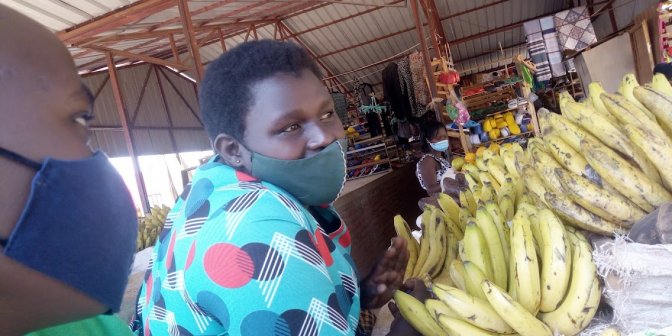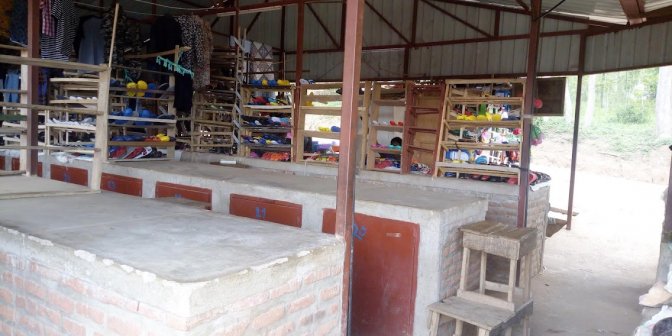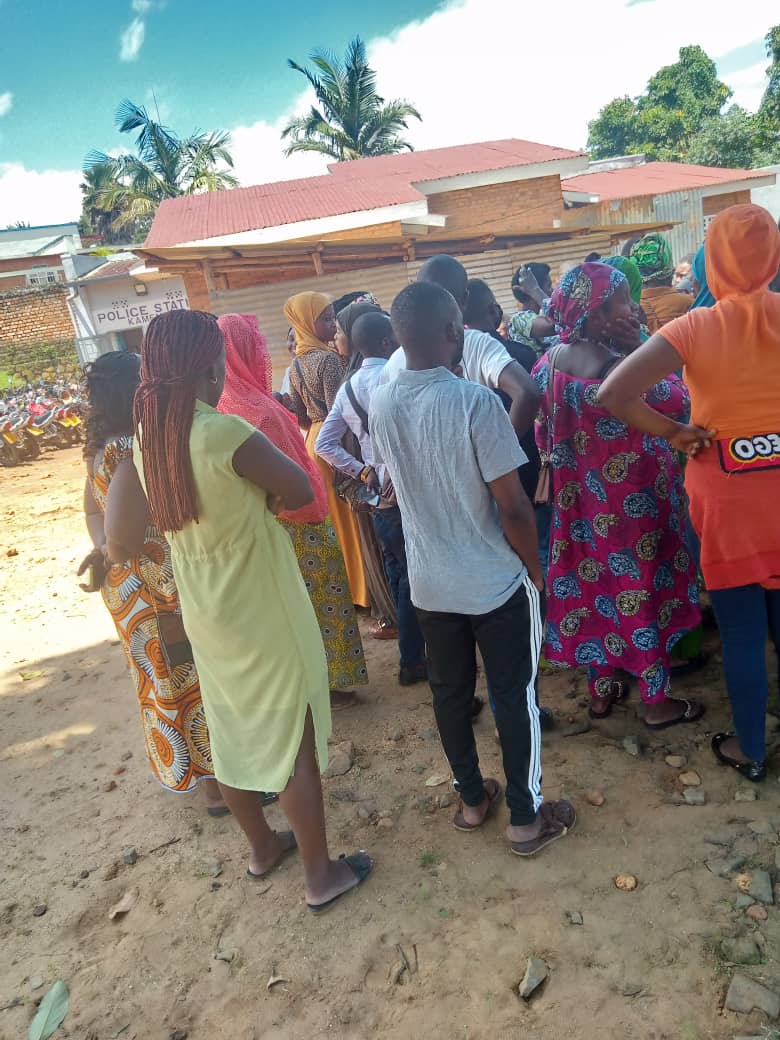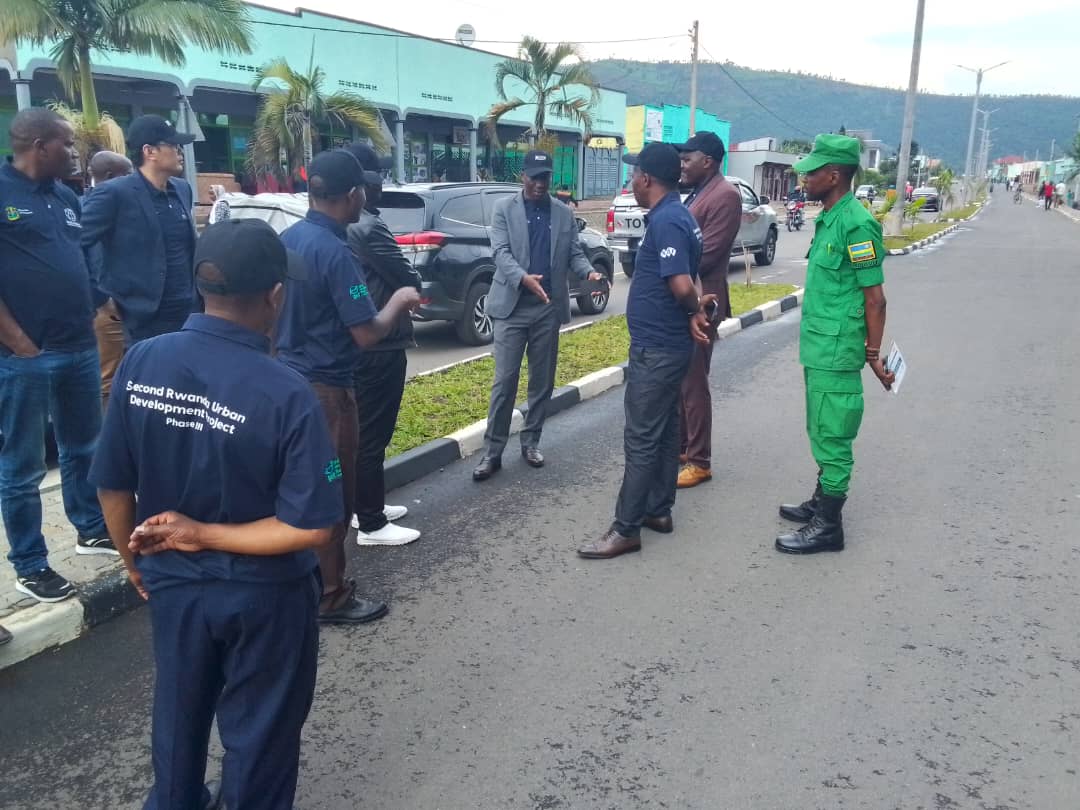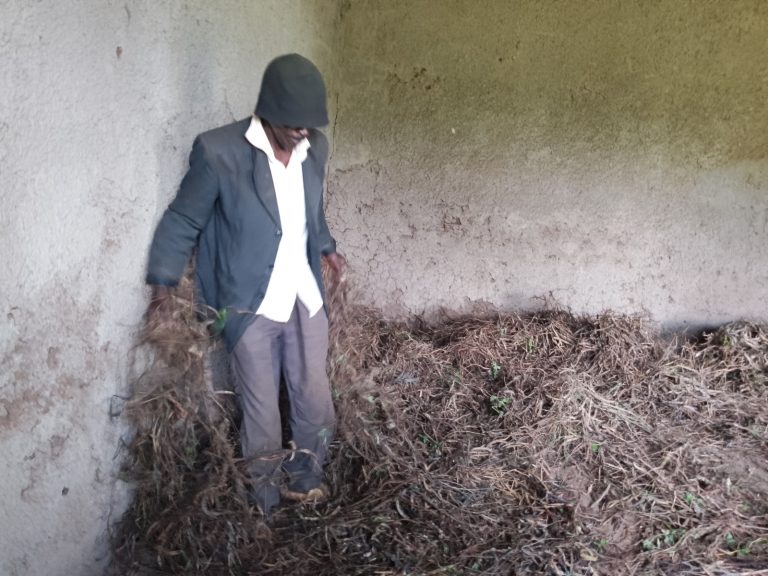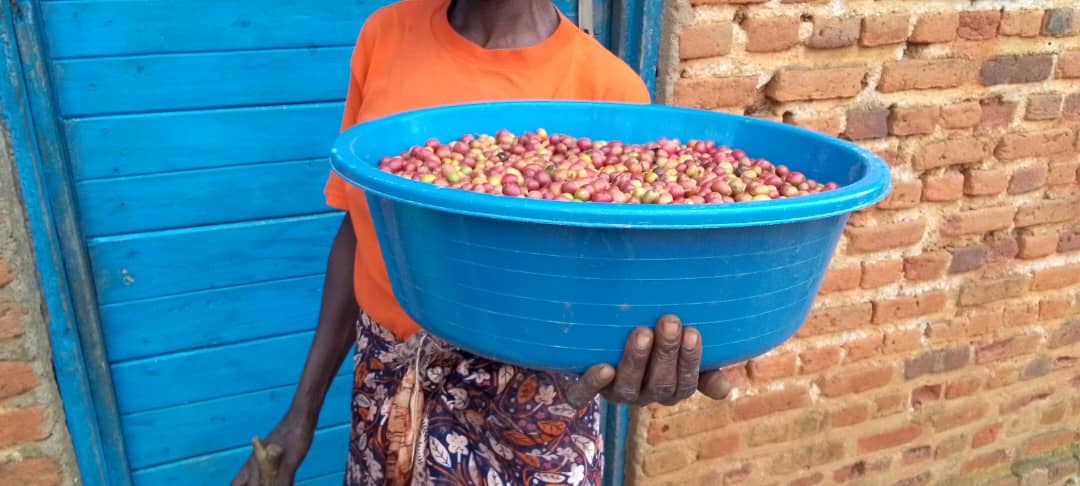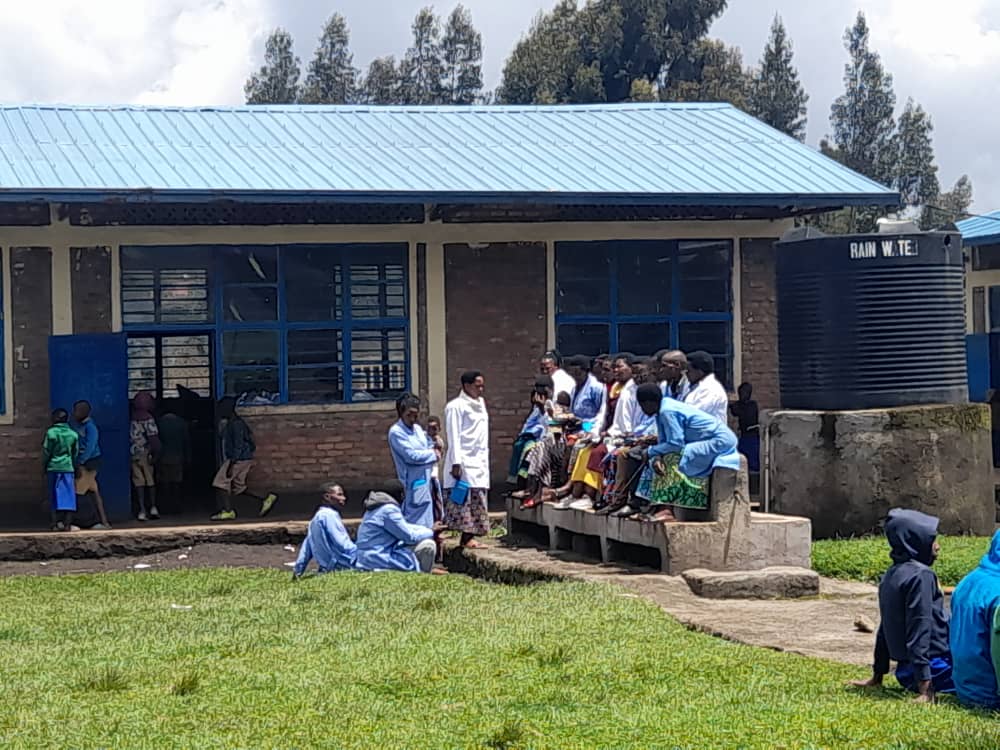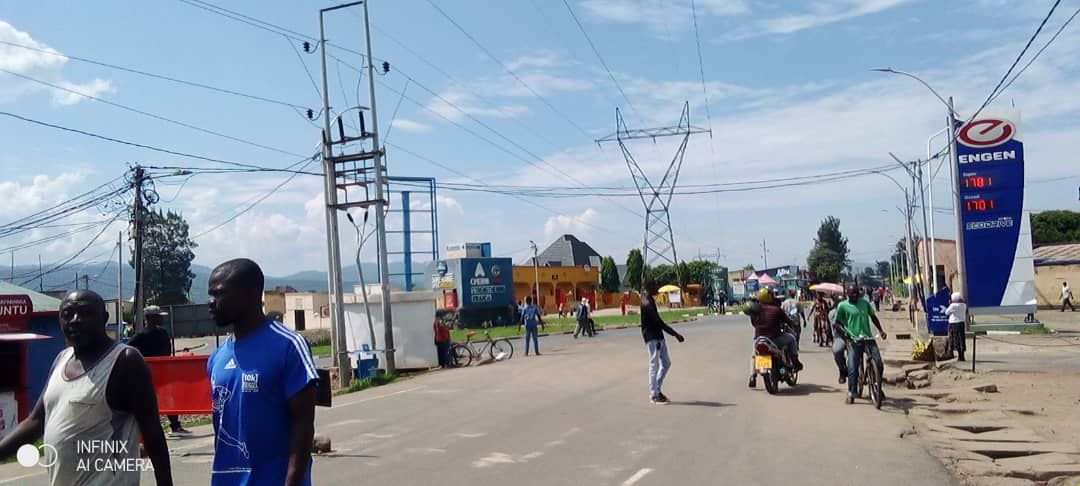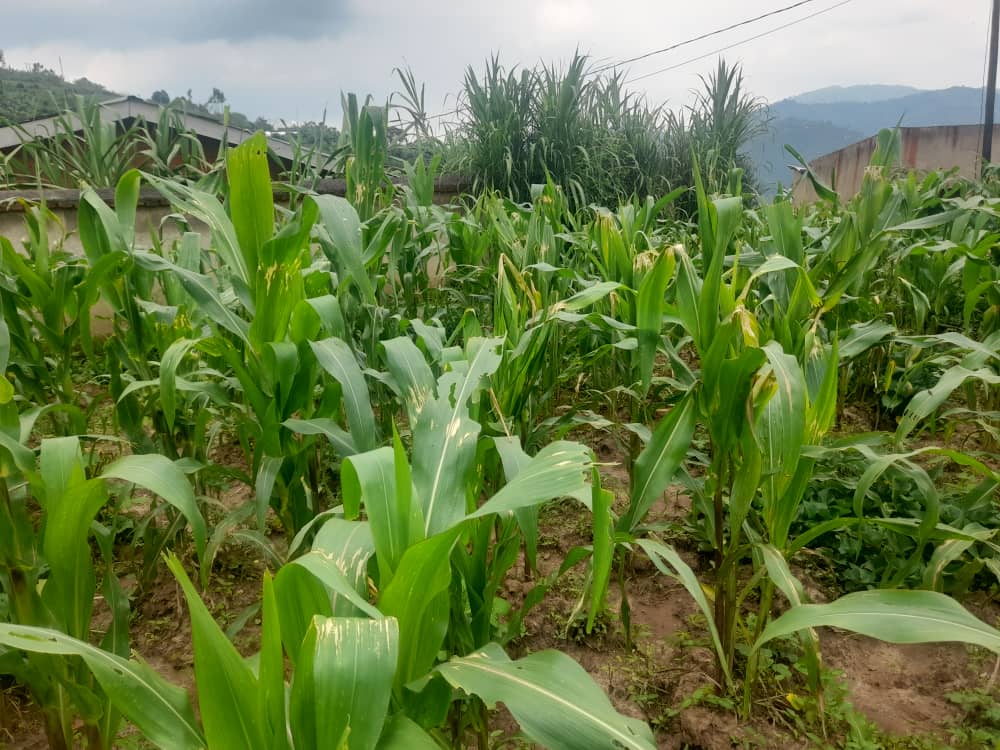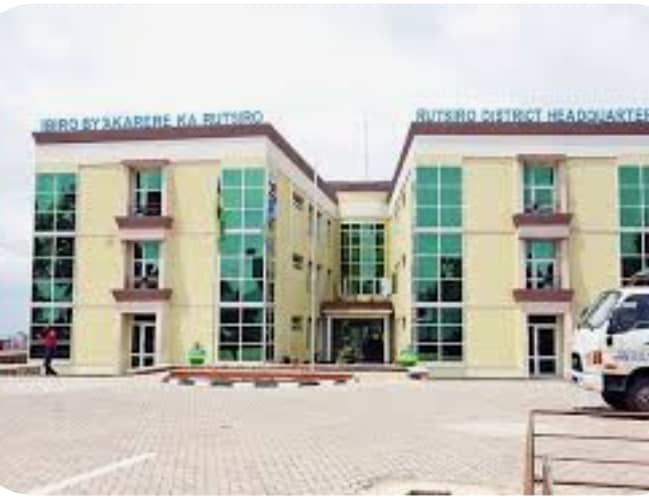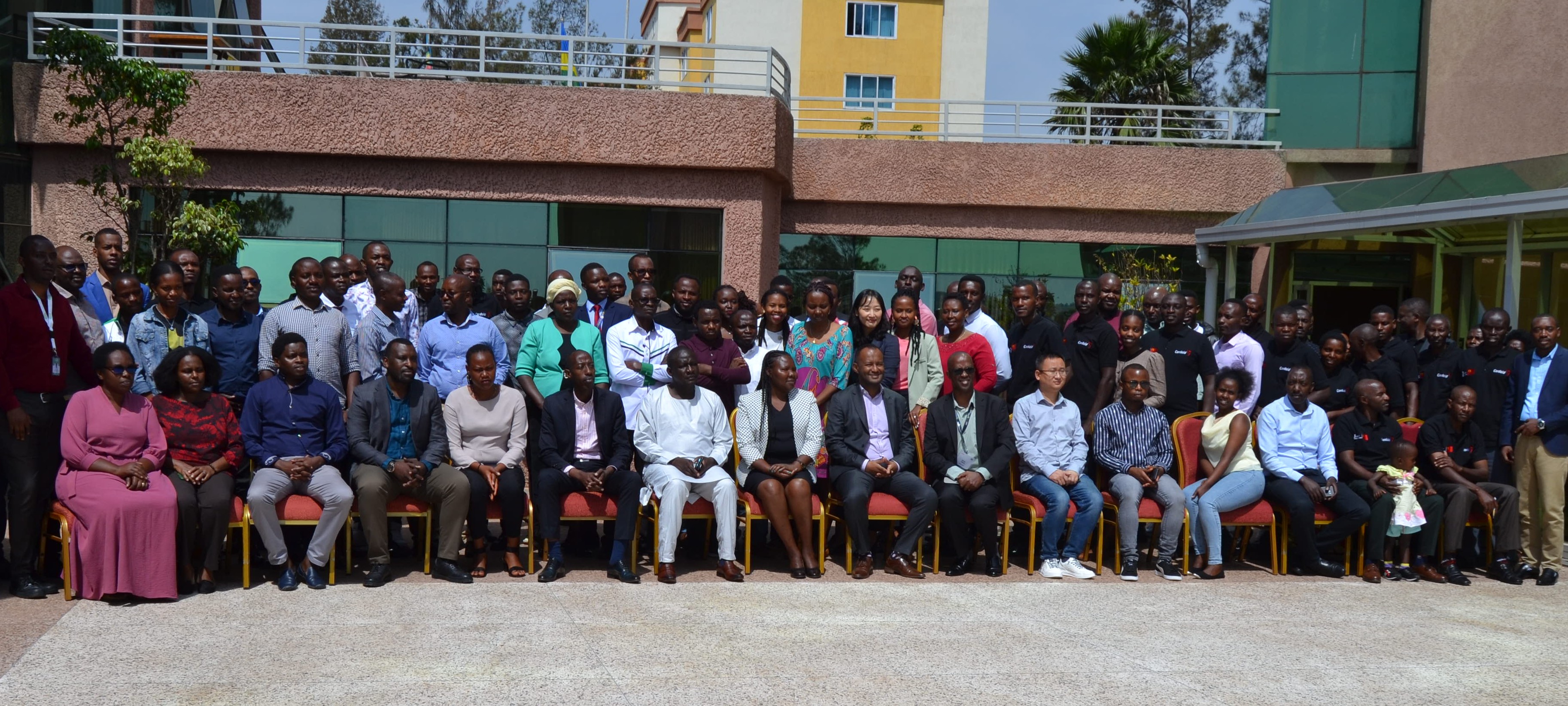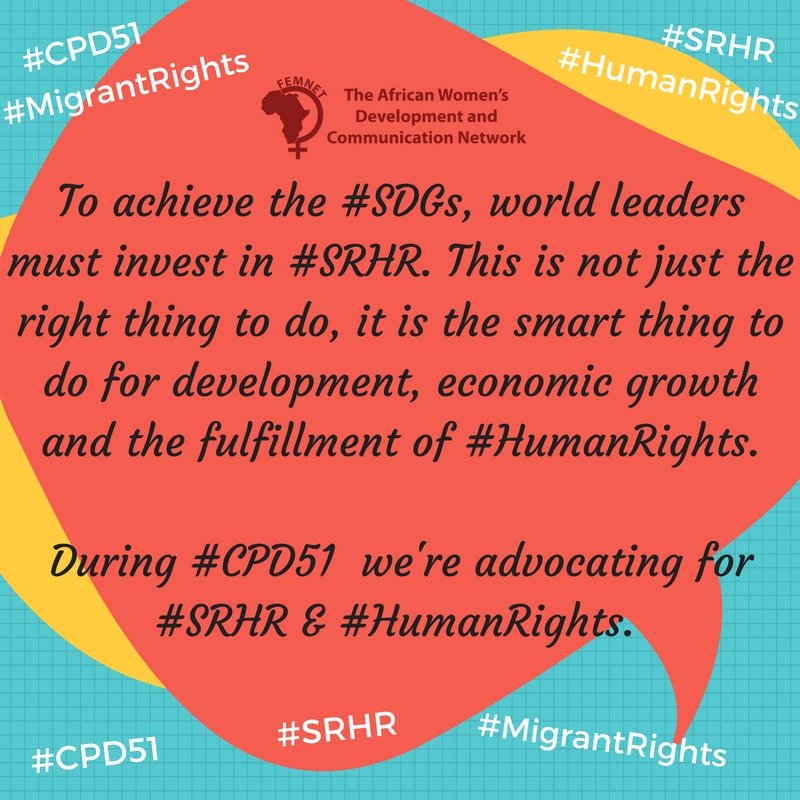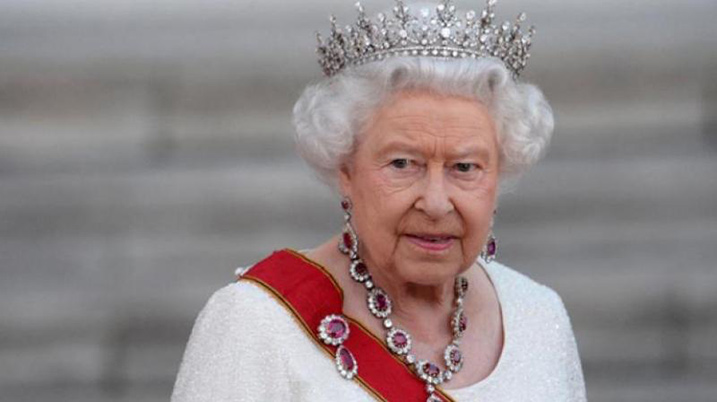By Scovia Mutesi
Some women Small traders who were selling items in different markets which were established for former women hawkers are lamenting, due to different consequences which were ushered in by the Covid-19 pandemic, including the goods they used to sell, as well as the capital which they were used to buy goods, thus affecting them drastically, and apparently, some of them are selling few items, after getting credits from their friends, and this creates a shortage of goods, thereby rendering clients to get insufficient goods of their wish.
Uwase Clarisse is one of the women traders who were operating in Nyagatovu market, which is located in Kimironko Sector, Gasabo District, who points out that ordinary people who were formally hawkers, didn’t have enough capital, and during the advent of the pandemic, even the meager capital she had was used to support her, during the trying times of the lockdown, which was put in place, so as to fight the pandemic.
She had this to say, ’’ As regards the consequences, I couldn’t invest in the remaining capital, and I resorted to using it for my own consumption, and nothing was left, mostly because all places where we would buy items, would be closed, where no person was allowed to travel to Provinces to shop in places like Ntunga or Musha and other places, and this exacerbated our situation because we are characterized by having little capital, and this forces us to eat the capital during the lockdown, understandably because when money is not invested so as to make a profit, it decreases, moreover when there isn’t any other alternative job to supplement.’’
Her colleague Maniraguha Marie Ange, says that the first consequence she encountered as a result of Covid-19, was to purchase goods and later on dump them because they would be rotten during the lockdown, or else during the period they would be operating at 50% capacity, hence, affecting the capital.
She said, ’’I am very well aware of what happened to me I am not telling lies, I bought avocadoes and they eventually decayed.’’
Maniraguha has so far exhausted all of her capital, and in order to engage in trade, it necessitated her to seek assistance in form of capital from friends, and now she is trying to pay back.
Corona Virus has plunged me into problems regarding capital, and because of that, I purchase on a credit basis, which makes me incur losses.
Now I am in a terrible situation, to the extent of spending some days without having lunch and supper and there wasn’t any other option apart from consuming the capital, which I had remained with, more os, I have children and more so I don’t have a husband.’’
Some of the stalls which existed were meant for vegetables in Nyagatovu, as of today, there isn’t any trader who is operating in those stalls, and those who remained there, say that their colleagues went bankrupt and went back home.
To those who trade in the Kicukiro market where the market for the former hawkers is located, they too say that Coronavirus negatively impacted their trade.
Mahoro Jeane said, ’’ Before Corona, we would trade profitably, but after its advent, now it’s so low because the capital I had is no more.
Another issue pertains to the lockdown, very few people were engaging in various activities, and households with four to five dependants who eat because you have sold items, and now whenever I go to purchase items for selling I use the capital worth 5000frw, but before the pandemic, I used to purchase items for selling at 80,000-100,0000frw.
Nyiramana Rebecca said, ’’ During the mid of Corona, items were very expensive, and the one who would deliver them would hire a vehicle expensively, having come from the Province, probably about 20 traders would be waiting for only one vehicle, and this would necessitate us to endure losses. If the basin full of tomatoes used to cost 8,000frw before the pandemic, during corona period it would cost 12,000frw.’’
With regard to financial support at the tune of 150,000frw which was given to traders who were engaged in small scale trade, in the context of boosting their trade, which was donated by the development partner, they unanimously say that by the time the financial support was available, they were experiencing lockdown, yet they had to use the money for household support and paying rent for their accommodation.
The Executive Secretary of Kimironko Sector Rwabukumba Umuhoza told this Newspaper that the fact that the financial support they received was used to solve household problems.
’’The fact that they used the support, is one issue, and going back to hawk is another, they don’t have the money, and most people are experiencing the same problem, as a result of Covid-19., and there different methods which are being applied to help them, where they highlight their problem to the authorities, which would subsequently enable us to devise means with which we can apply to help them because we are giving out financial assistance.’’ she had this to say.
He said that among the methods include the assistance of money which would eventually be reimbursed with profits.


